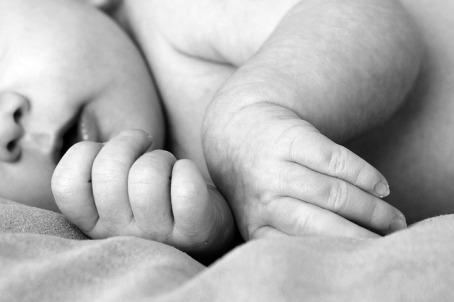Aggregated News

It was a first for the entire world: Using a controversial in vitro fertilization technique, doctors in Kiev, Ukraine, helped a previously infertile couple conceive and deliver a baby girl. Some critics say, for genetic reasons, the use of this IVF method should have been restricted to producing a baby boy.
The baby was born on January 5, the result of an experimental technique known as "pronuclear transfer" and sometimes referred to as three-parent IVF. The 34-year-old Ukrainian mother suffered from "unexplained infertility," according to Dr. Valery Zukin, director of the Nadiya Clinic for Reproductive Medicine, where the controversial pronuclear transfer technique was performed. She did not have mitochondrial disease.
That fact is significant to many observers.
'It's not forbidden'
In 2015, the United Kingdom approved pronuclear transfer, but only for women suffering mitochondrial disease. The technique replaces defective mitochondria in a mother's egg with healthy donor mitochrondria as a way of preventing mitochondrial disease from being passed on to a child.
The reason this experimental method is a cause for concern -- and was vigorously debated in the UK...



